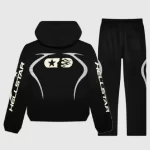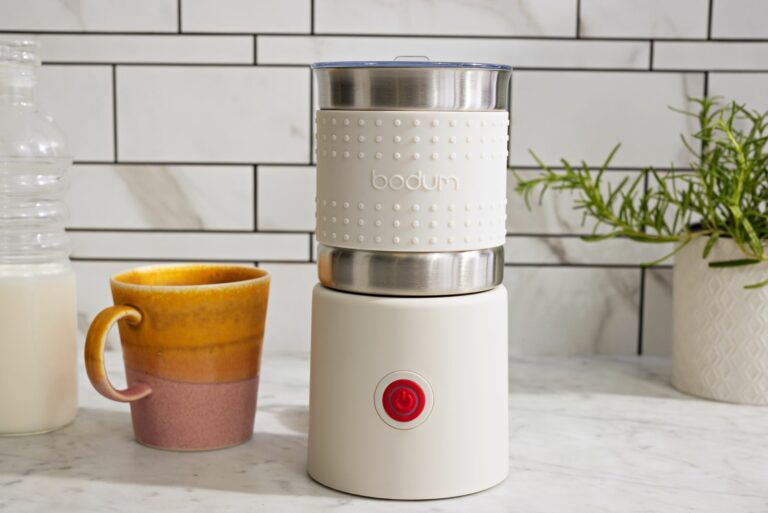Blocked drains are a common yet frustrating issue faced by many homeowners and businesses on the North Shore. Whether it’s a minor inconvenience or a major plumbing disaster, understanding the causes, solutions, and preventive measures can save you time, money, and stress. In this blog, we’ll delve into everything you need to know about blocked drains north shore, from common culprits to professional solutions and essential maintenance tips.
Common Causes of Blocked Drains
- Foreign Objects Items like sanitary products, wet wipes, hair, and food scraps often end up in drains, causing blockages. These materials don’t break down easily and can accumulate over time, leading to significant clogs.
- Grease and Fat Pouring grease and fat down the kitchen sink is a surefire way to clog your drains. As these substances cool, they solidify and stick to the inner walls of pipes, gradually narrowing the passage and eventually causing a blockage.
- Tree Roots On the North Shore, the lush greenery is a double-edged sword. Tree roots can infiltrate your underground pipes in search of water, causing cracks and blockages. This is a common problem, especially for older homes with aging plumbing systems.
- Soap Scum Soap residue can combine with minerals in the water to form a hard, chalky deposit known as soap scum. Over time, this buildup can restrict water flow and cause blockages in bathroom drains.
- Broken Pipes Cracks, breaks, and other structural damage to pipes can restrict flow and lead to blockages. Such damage is often caused by ground movement, wear and tear, or invasive tree roots.
Symptoms of a Blocked Drain
Identifying a blocked drain early can prevent more serious issues. Look out for these telltale signs:
- Slow Draining Water: If water takes longer than usual to drain from your sink, bathtub, or shower, it could be a sign of a blockage.
- Unpleasant Odors: Foul smells emanating from your drains are often caused by trapped food, grease, or other debris.
- Gurgling Noises: Strange sounds coming from your drains when water is running can indicate air trapped in the pipes due to a blockage.
- Water Backing Up: If water starts to back up out of your sink, toilet, or shower, you likely have a severe blockage that needs immediate attention.
Solutions for Blocked Drains
When faced with a blocked drain, there are several approaches you can take:
- DIY Methods
- Plunging: A plunger can often dislodge minor clogs in sinks and toilets. Ensure a tight seal and use vigorous, repeated plunges.
- Drain Cleaners: Chemical drain cleaners can dissolve minor blockages. However, use them sparingly as they can damage pipes over time.
- Homemade Solutions: A mixture of baking soda and vinegar followed by hot water can be effective for minor clogs and is more environmentally friendly.
- Professional Help For stubborn or recurring blockages, it’s best to call in the experts. Professional plumbers on the North Shore have the tools and expertise to diagnose and fix the problem efficiently.
- CCTV Drain Inspection: This technology allows plumbers to see inside your pipes and pinpoint the exact location and cause of the blockage.
- Hydro Jetting: This method uses high-pressure water jets to clear out debris and blockages, restoring normal flow without damaging your pipes.
- Pipe Relining: For damaged pipes, relining provides a trenchless solution to repair and reinforce the pipe without extensive excavation.
Preventive Measures
Preventing blocked drains is always better than dealing with the aftermath. Here are some tips to keep your drains clear and functioning properly:
- Proper Disposal: Avoid flushing non-degradable items like wipes, sanitary products, and paper towels. Dispose of grease and food scraps in the trash rather than down the sink.
- Regular Maintenance: Periodically clean your drains with a mix of baking soda and vinegar, followed by hot water. This helps to break down minor buildups before they become serious problems.
- Use Drain Guards: Install drain guards or strainers in your sinks and showers to catch hair, food particles, and other debris.
- Tree Management: Be mindful of tree planting near your drainage system. Opt for trees with non-invasive root systems and consider regular root inspections for existing trees.
- Professional Check-ups: Schedule regular inspections with a professional plumber to identify and address potential issues before they escalate.
Conclusion
Blocked drains north shore can be a nuisance, but with the right knowledge and proactive measures, you can keep your plumbing system in top shape. Understanding the common causes and symptoms, along with knowing when to call in professional help, can save you from costly repairs and significant inconvenience. Remember, regular maintenance and mindful habits are key to preventing blockages and ensuring the longevity of your drainage system. If you ever find yourself facing a stubborn clog, don’t hesitate to reach out to a trusted local plumber for expert assistance.











